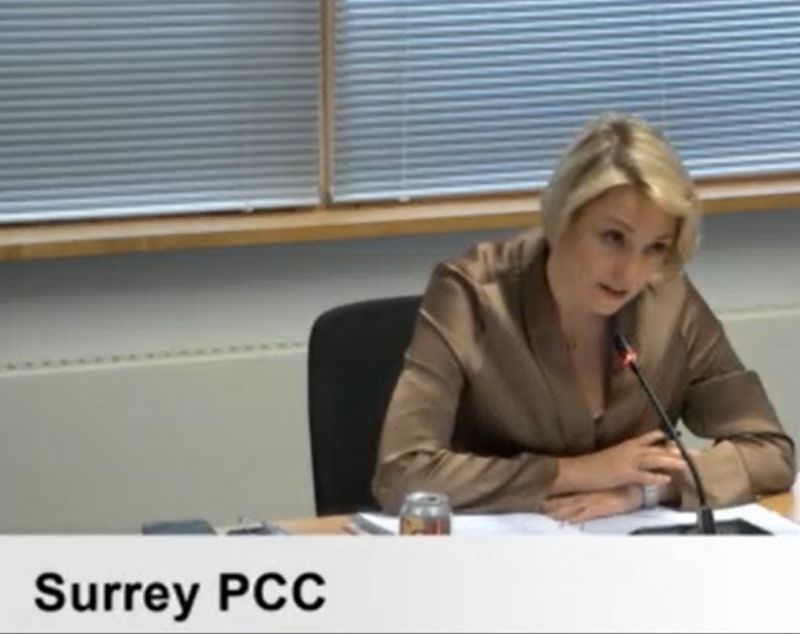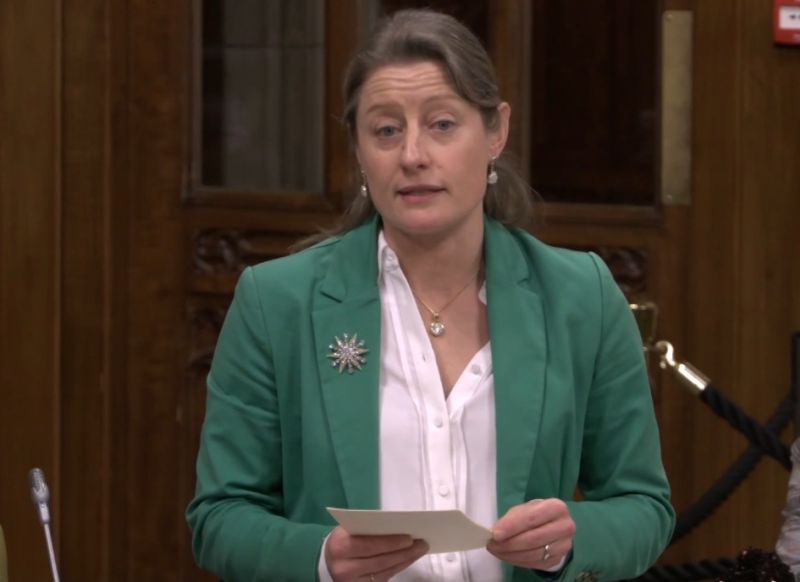Epsom and Ewell tenants paying for energy inefficient homes?
55% of inspected rented homes in Epsom and Ewell are below Grade C in Energy Performance ratings. Landlords are required to obtain Energy Performance Certificates for their rentals. To obtain a certificate an independent expert must inspect the property. In an analysis of inspections across the country between 2018 and 2022 Epsom and Ewell’s figures are consistent with the country average. 5% of those below grade C are not going to be able to rise to a C grade in the future because of structural limitations.

The Government has plans to make a C grade mandatory for all rental properties from 2025. The most energy efficient homes are graded A and the worse G. Those tenants living in sub C standard homes are paying more for their heating due to poor insulation. Insulation was the most frequently recommended improvement measure for private rental properties, making up 35% of all recommendations. On average tenants could save one third on their fuel bills if landlords brought their properties up to the C grade.
Inspections for EPCs involve an assessment that looks at heating, windows and doors, insulation and other structural factors, estimating how much it will cost to heat and light the property, what its carbon dioxide emissions are likely to be and how to improve the rating.
Jonathan Winston, occupier support manager at the Carbon Trust said “14% of UK emissions arise from residences, homes. That means the reductions that need to be made there are very significant in order for the UK to meet its legally binding net zero target by 2050. The emissions are quite difficult to tackle, particularly around heating. There’s a major need to decarbonize our heating sources.”
Chris Norris, Director of policy at the National Residential Landlords Association said “I think there’s an awful lot of misunderstanding and uncertainty about what landlords need to do in terms of energy efficiency.
“But the future proposals are to get to a C or above, because the Government have got this Net Zero target for 2050. The problem is, they consulted on those new rules about three years ago, they closed that consultation two years ago in January 2021, and they’ve never actually confirmed what new rules will be.
“You’ve got lots of landlords that are actually quite open to making changes to their properties, or making decisions at least about what they need to do, but they really don’t know what path to take and they can’t commit to those spending decisions until we find out exactly what the Government wants to do.”
He added: “At the moment the Government is doing very little to support landlords to make these changes. They’ve not even given us the target or the deadline for what we’ve got to do.”
Rachelle Earwaker, senior economist at the Joseph Rowntree Foundation, said: “Living in a home with a poor EPC rating has a range of impacts on the tenants. Homes are colder, often damper. They are much more expensive to heat. At the moment in the energy crisis, that has had a massive impact.
“What our research has shown is that 35% of low income private renters across the UK said they couldn’t afford to keep their homes warm even before the recent winter that we’ve just had, and we know that a quarter were in arrears with the energy bills in October and November, again before the winter.”
You can check any property’s EPC status on this Government link.
Related Reports:
Cllr Gulland: Insulate & Generate – two key aspects to include in the Local Plan for Epsom & Ewell




















